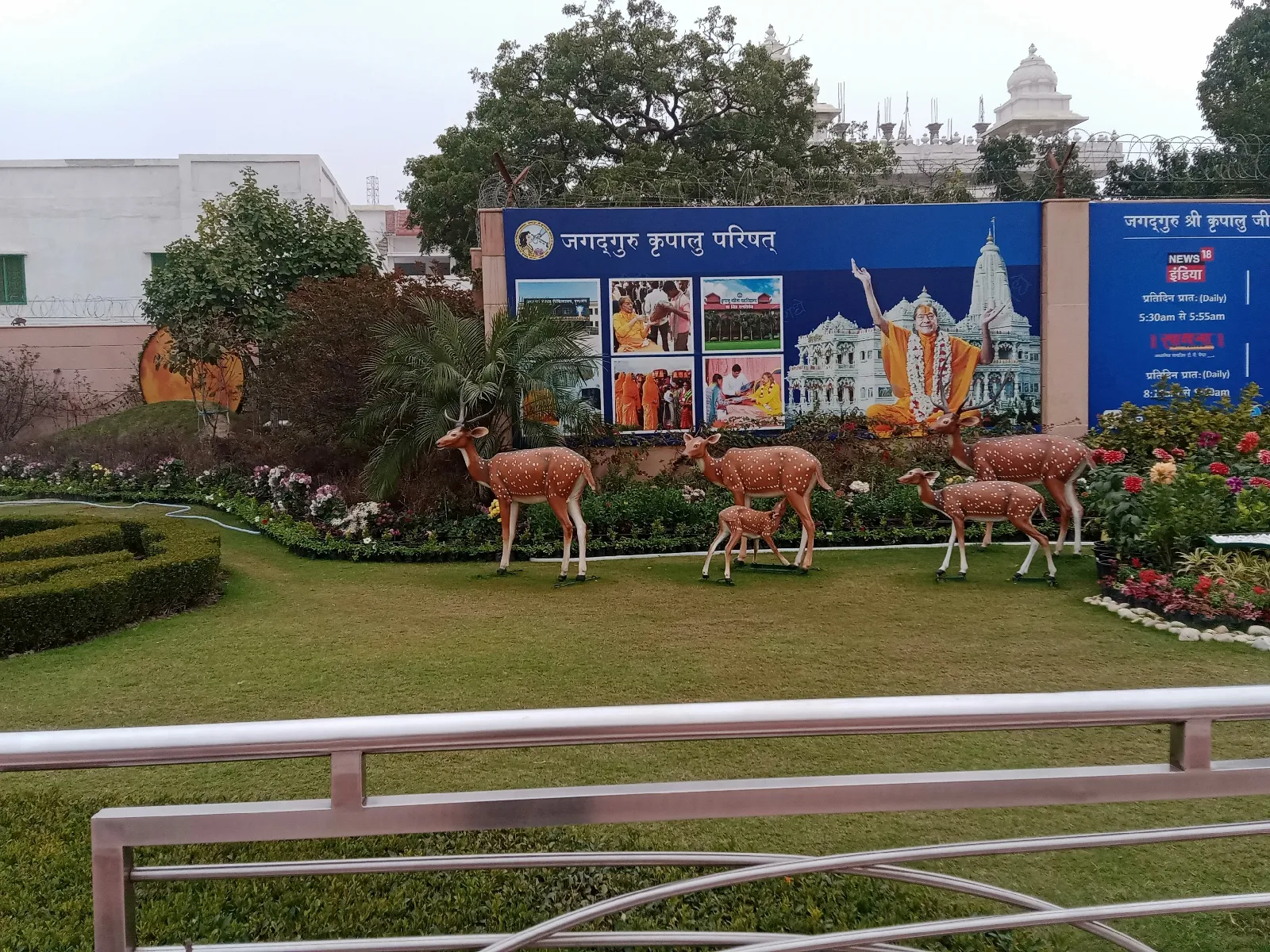Officer ,UPSC, Engineer , Truthful, Unselfish ,Render to Mankind, Active, Happy, Confidence, Higher Acceptance Power, Assume Universal Tolerance, Supreme Power to forgive, Consolidate Mind, Determined. Helpful to Helpless Distress, Punish to Dishonest Culprit.
Sunday, January 31, 2021
Saturday, January 30, 2021
Sunday, January 10, 2021
Saturday, January 9, 2021
the essence of Geeta we should glad to listen geeta .
The Bhagwat geeta
Friday, January 8, 2021
composition and significance
Nomenclature of Bhagwat geeta
Gita in the title of the Bhagavad Gita means "song". Religious leaders and scholars interpret the word Bhagavad in a number of ways. Accordingly, the title has been interpreted as "the word of God" by the theistic schools,[17] "the words of the Lord",[18] "the Divine Song",[19][20] and "Celestial Song" by others.[21] In India, its Sanskrit name is often written as Shrimad Bhagavad Gita, श्रीमद् भगवद् गीता (the latter two words often written as a single word भगवद्गीता), where the Shrimad prefix is used to denote a high degree of respect. This is not to be confused with the Shrimad Bhagavatam, which is a Purana dealing with the life of the Hindu God Krishna and various avatars of Vishnu.
The work is also known as the Iswara Gita, the Ananta Gita, the Hari Gita, the Vyasa Gita, or simply the Gita.[
Bhagavad Gita the essence of God
The Gita is set in a narrative framework of a dialogue between Pandava prince Arjuna and his guide and charioteer Krishna, an avatar of Lord Vishnu. At the start of the Dharma Yuddha (righteous war) between Pandavas and Kauravas, Arjuna is filled with moral dilemma and despair about the violence and death the war will cause in the battle against his own kin.[2] He wonders if he should renounce and seeks Krishna's counsel, whose answers and discourse constitute the Bhagavad Gita. Krishna counsels Arjuna to "fulfill his Kshatriya (warrior) duty to uphold the Dharma" through "selfless action".[web 1][3][note 1] The Krishna–Arjuna dialogues cover a broad range of spiritual topics, touching upon ethical dilemmas and philosophical issues that go far beyond the war Arjuna faces.[1][4][5]
Numerous commentaries have been written on the Bhagavad Gita with widely differing views on the essentials. According to some, Bhagavad Gita is written by Lord Ganesha which was told to him by Vyasa. Vedanta commentators read varying relations between Self and Brahman in the text: Advaita Vedanta sees the non-dualism of Atman (soul) and Brahman (universal soul) as its essence,[6] whereas Bhedabheda and Vishishtadvaita see Atman and Brahman as both different and non-different, while Dvaita Vedanta sees dualism of Atman (soul) and Brahman as its essence. The setting of the Gita in a battlefield has been interpreted as an allegory for the ethical and moral struggles of the human life.[5][7][8]
The Bhagavad Gita presents a synthesis[9][10] of Hindu ideas about dharma,[9][10][11] theistic bhakti,[11][12] and the yogic ideals[10] of moksha.[10] The text covers Gyān, Bhakti, Karma, and Rāj Yoga (spoken of in the 6th chapter)[12] incorporating ideas from the Samkhya-Yoga philosophy.[web 1][note 2]
Finding funds: On COP28 and the ‘loss and damage’ fund....
A healthy loss and damage (L&D) fund, a three-decade-old demand, is a fundamental expression of climate justice. The L&D fund is a c...
-
Halloa! Below there!” When he heard a voice thus calling to him, he was standing at the door of his box, with a flag in his hand, furled...
-
LILY, the caretaker’s daughter, was literally run off her feet. Hardly had she brought one gentleman into the little pantry behind the offic...
-
At the first light of dawn, flies began gathering around Inman’s eyes and the long wound in his neck. Their touch woke him immediately. ...




.jpg)

